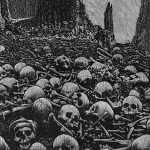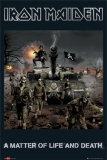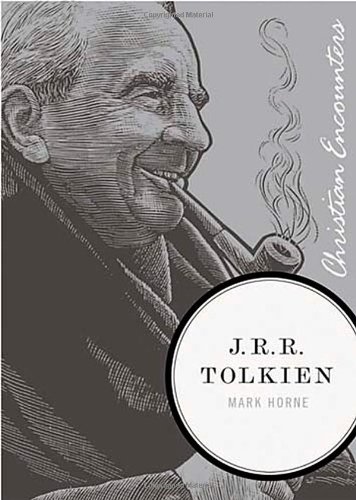From Ezekiel 8:
And he brought me to the entrance of the court, and when I looked, behold, there was a hole in the wall. Then he said to me, “Son of man, dig in the wall.” So I dug in the wall, and behold, there was an entrance. And he said to me, “Go in, and see the vile abominations that they are committing here.” So I went in and saw. And there, engraved on the wall all around, was every form of creeping things and loathsome beasts, and all the idols of the house of Israel. And before them stood seventy men of the elders of the house of Israel, with Jaazaniah the son of Shaphan standing among them. Each had his censer in his hand, and the smoke of the cloud of incense went up. Then he said to me, “Son of man, have you seen what the elders of the house of Israel are doing in the dark, each in his room of pictures? For they say, ‘The LORD does not see us, the LORD has forsaken the land.’”
Interesting reasoning. God was judging Israel for generations of idolatry. From this fact, the present generation had reasoned that there was every reason to continue practicing idolatry. God was judging the land. There was no point in repenting. Their best hope lay in the other gods who had gotten them in trouble in the first place.
It is like saying, “The previous generation gave us burdensome debt so we must now spend more than we have.”
It is this concrete situation that God refutes in Ezekiel 18:
The word of the LORD came to me: “What do you mean by repeating this proverb concerning the land of Israel, ‘The fathers have eaten sour grapes, and the children’s teeth are set on edge’? As I live, declares the Lord GOD, this proverb shall no more be used by you in Israel….
Please read the whole chapter.
This is not a treatise on personal responsibility designed to correct a chapter in a systematic theology textbook. The Israelites have decided it will no good to repent. Generations of sin and injustice are bring down judgment on their heads. They didn’t start the fire.
But even if there must be consequences, there is still time to alter the specifics of those consequences. God assures them they can repent and live or wallow in sin and die. It is not over yet; and pretending that it is too late is just a rationalization for more wickedness.





